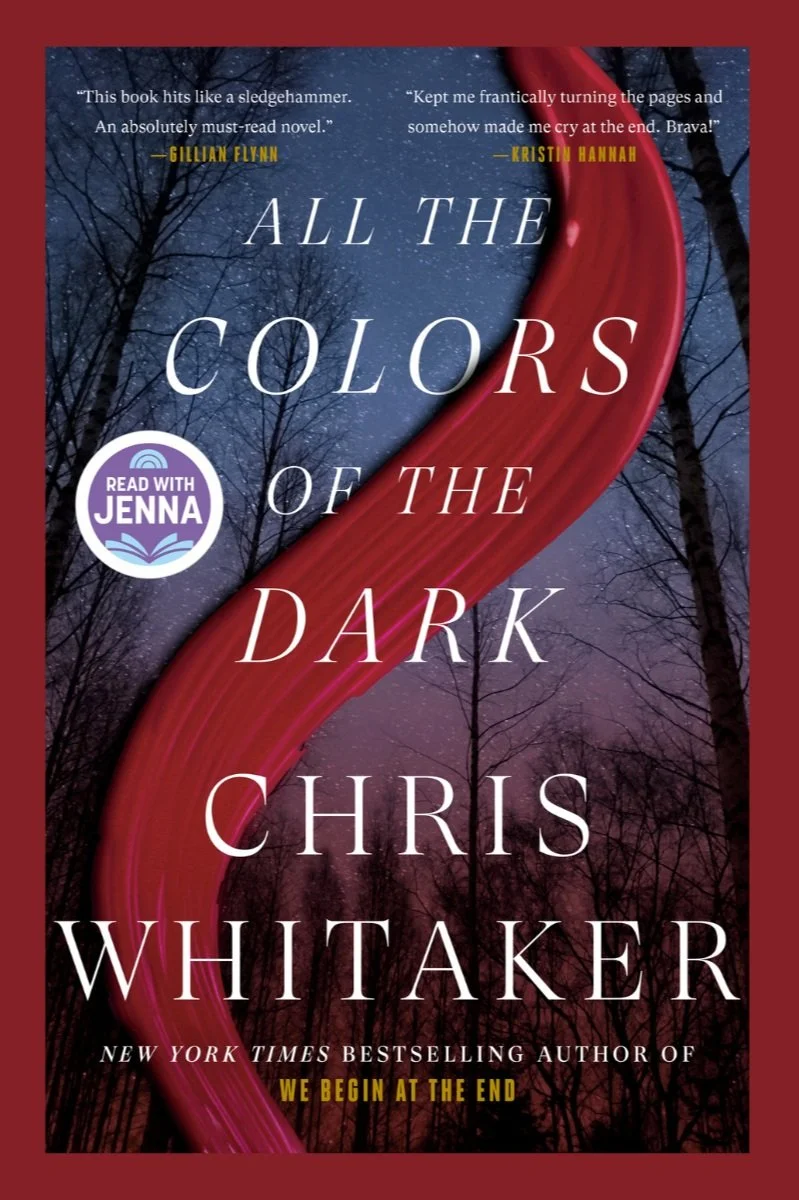All the Colors of the Dark – Chris Whitaker
“All the Colors of the Dark” is a sprawling novel that tries to do too much and ends up delivering very little. At best, it's aggressively mediocre, and at worst, it's a contrived and overly familiar story built on tropes.
I know this is a hot take given the rave reviews, but I found little of interest in what Chris Whitaker was offering up after the first few chapters. I kept reading, hoping it would improve, but it never did. It honestly feels like I read a different novel than everyone else.
Here are my primary issues:
The plot itself demands a suspension of disbelief that verges on the absurd. It feels almost like a fantasy novel in how conveniently everything falls into place. The main characters — Patch, a one-eyed boy turned serial killer's captive, and Saint, his devoted friend — are at the heart of the story. While Patch’s psychological transformation and Saint’s relentless search for him had potential, it all feels too neat, too easy and too borrowed from better narratives.
The entire novel is a homage to something better. The outcast boy who saves the rich girl, the headstrong woman in a toxic relationship and the model prisoner trying to do good from behind bars. It’s a mishmash of “Forrest Gump,” “Where the Crawdads Sing,” “Rita Hayworth and The Shawshank Redemption,” and even “Kiss the Girls” — all without the creativity or message of any of those stories.
The ridiculous plot points pile up. By the time Patch robs banks, murders Saint’s ex-husband and escapes from prison with the help of the families of missing girls, the story has descended into sheer implausibility. And the final wave of revelations — Saint’s baby, Patch’s discovery of Grace, Eli’s true identity — were just eye-rolling twists rather than satisfying resolutions.
It has a frenetic energy at odds with the somber tone. The short chapters and Whitaker’s overuse of analogies adds a literary flair but often feels hackneyed and overdone. Despite being marketed as historical fiction, the brief references to significant events like Roe v. Wade or presidential changes feel superficial and have little impact on the plot or characters.
Ultimately, this was far too long and lacking in anything truly interesting. The idealized, “awe shucks” tone — clearly written by someone who has never lived in smalltown Midwest America — mixed with tragic events created a bizarre dissonance. There were opportunities to deeply explore trauma and the idea of chosen family, but instead, the novel skims the surface, favoring predictable plot points over emotional depth.
Narrated by Edoardo Ballerini, the audiobook offers solid voice work, though I found his portrayal of Saint over-exaggerated, and all the male characters sounded practically the same. This lack of distinct character voices mirrored the overall thinness of the characterizations in the novel. While the situations these characters face are tragic, I never truly connected with them on an emotional level.
A hard pass in all formats.
Rating (story): 2/5 stars
Rating (narration): 3/5 stars
Format: Audiobook (personal library)
Dates read: September 20 – October 1, 2024
Multi-tasking: Good to go. The short chapters keep the listener engaged, but your mind will start to wander with all the repetition.





